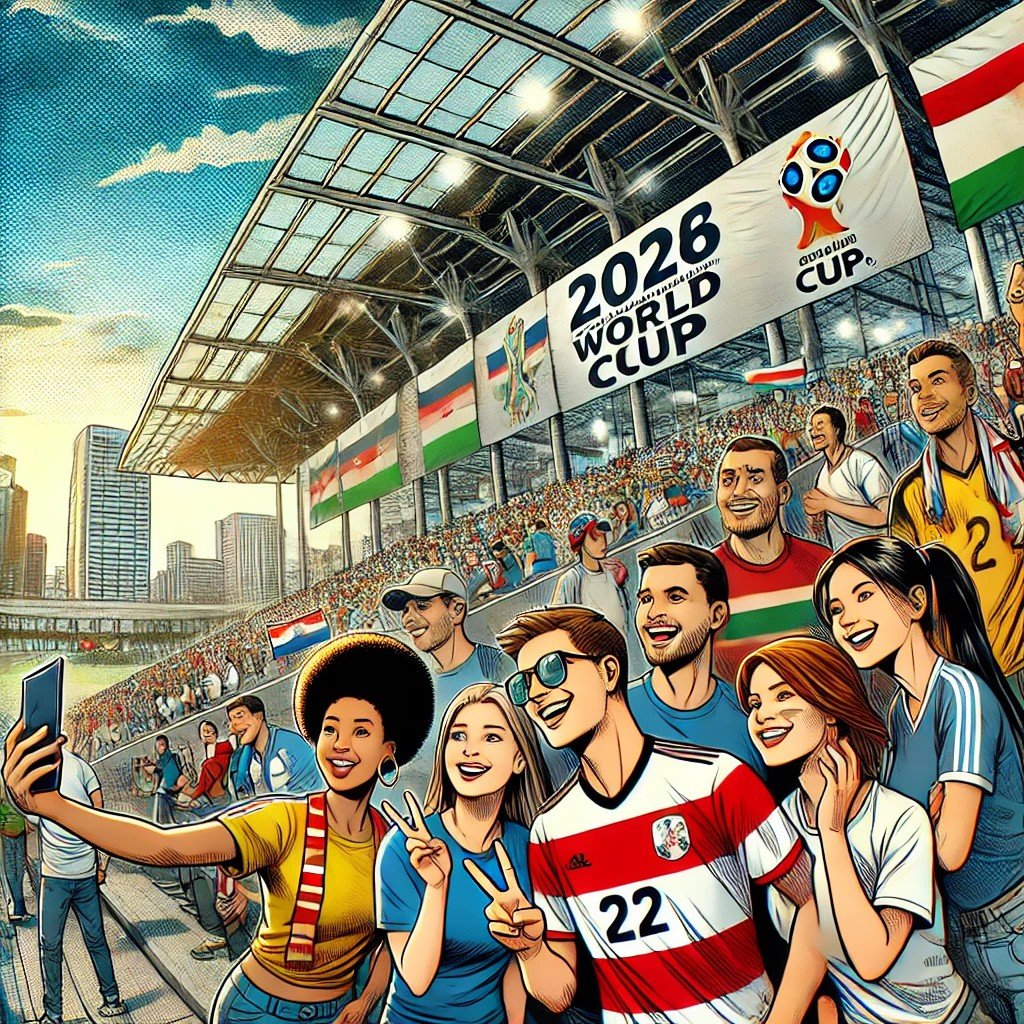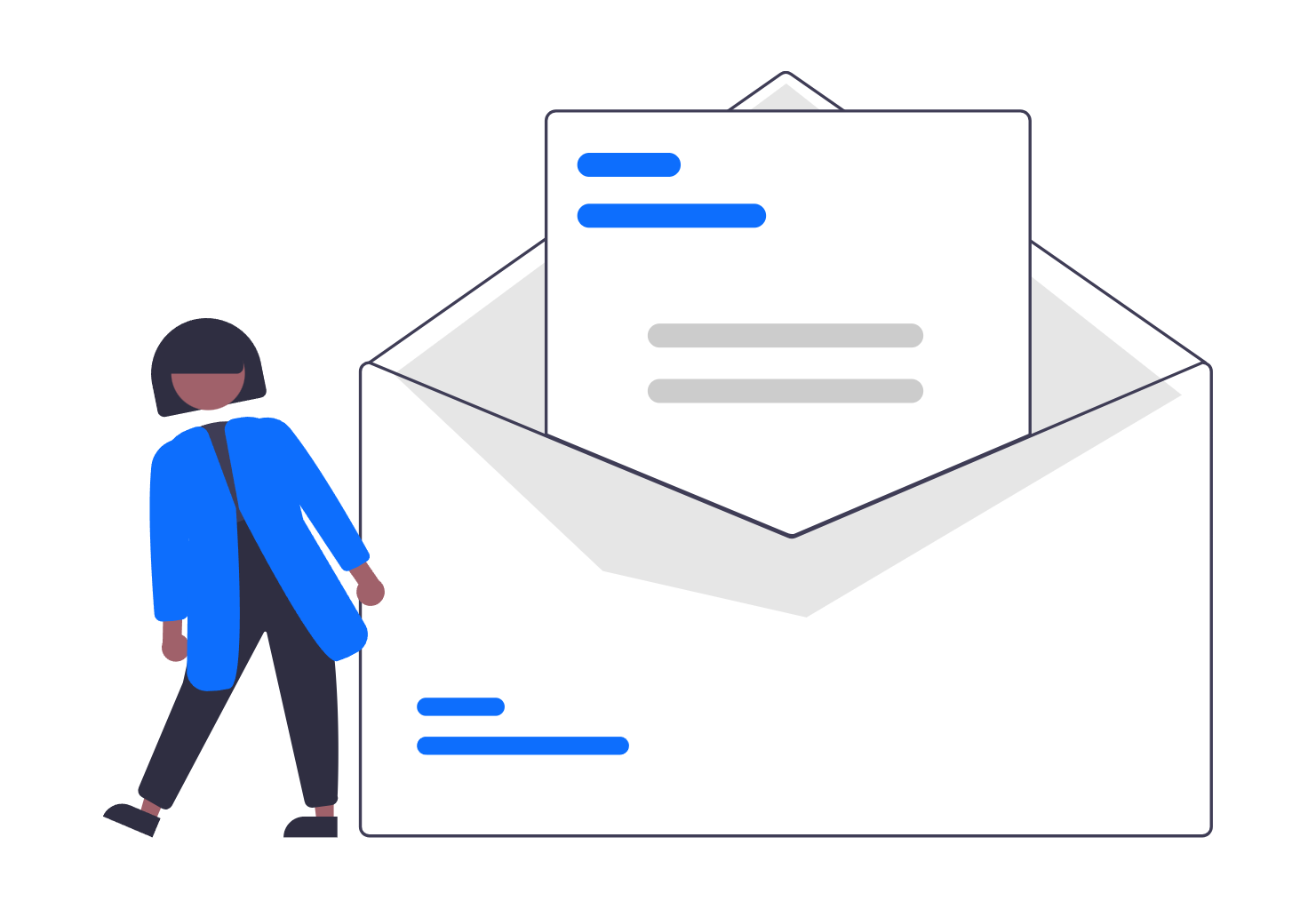
U.S. Plans to Use AI to Make Visa Process Faster Before 2026 World Cup

AI visa processing. The U.S. government is thinking about using artificial intelligence (AI) to help process visas faster before the 2026 World Cup. Secretary of State Marco Rubio said they want to use smart computer systems to speed up how people get permission to visit, especially for fans who have visited the U.S. before.
This idea comes as some countries are seeing really long wait times for visas. In places like Colombia, it can take over a year to get one. Since the World Cup will bring millions of people to North America, the U.S. wants to make sure travel plans aren’t ruined by delays. They are also looking at keeping embassies open longer and having workers take extra shifts.
The 2026 World Cup will be the biggest one yet, with 48 teams playing in 16 cities across the U.S., Mexico, and Canada. Over 5 million people from around the world are expected to attend. That means the U.S. will need to handle a huge number of visa applications quickly and carefully.
Right now, AI visa processing, the process for getting a visa involves lots of paperwork and interviews. It’s slow and can be confusing. AI could help by reviewing basic applications faster, especially for people who have traveled to the U.S. before without any problems. Other countries like the U.K. and Singapore are already trying similar systems.
AI visa processing Key Facts & Details
📌 What the U.S. Might Do:
- Use AI to quickly review visa applications for repeat or low-risk visitors.
- Hire more staff and schedule extra shifts at embassies.
- Try running some embassies 24 hours a day in busy areas.
- Use technology like face scans and background checks to help speed up decisions.
⏱️ What It Could Change:
- Cut visa wait times in half for many returning visitors.
- Help process 200,000–300,000 more visas before the World Cup.
- Let staff focus more on tricky or unusual applications.
- Make the whole process easier to understand and predict for travelers.
🎯 Why It Matters for the Future:
- Helps more fans come to the games without trouble.
- Shows that the U.S. is ready for big events with modern tools.
- Could make U.S. immigration services faster even after the World Cup.
- Sets the stage for future events like the 2025 Club World Cup and 2028 Summer Olympics in Los Angeles.
AI visa processing Analysis & Impact
Using AI to speed up visa processing could help a lot. It means people won’t have to wait as long to visit, and the U.S. will be ready to welcome big crowds. It’s also a chance for the government to improve its systems for the future.
Still, there are challenges. People worry about privacy, mistakes in AI decisions, and making sure the system is fair. Experts say the computers should help, but not replace, the humans who double-check important decisions.
Case Study: Long Waits in Colombia
In Colombia, getting a visa to the U.S. can take over 398 days. That’s more than a year! This makes it hard for soccer fans who want to come to the World Cup. If the U.S. uses AI to speed up applications from people who have visited before, thousands more Colombians could get approved in time. It’s a great example of how AI can help solve real problems.
Fixing these delays could also help strengthen friendships between countries and support tourism.
US consideration AI integration to expedite visa processing ahead of 2026 World Cup is an interesting decision. Not in is it reduce processing time, but also suggests a 50% decrease for repeat applicants. AI has made lots of progress throughout our society and sector.
Using AI to help with visa processing could make it easier and faster for fans from around the world to visit the U.S. for the World Cup. It’s a smart way to update old systems and prepare for big international events.
What do you think about computers helping with travel and immigration? Should more governments try this? Share your thoughts and follow AI Brief Now for more updates on how technology is changing the way we move around the world.


